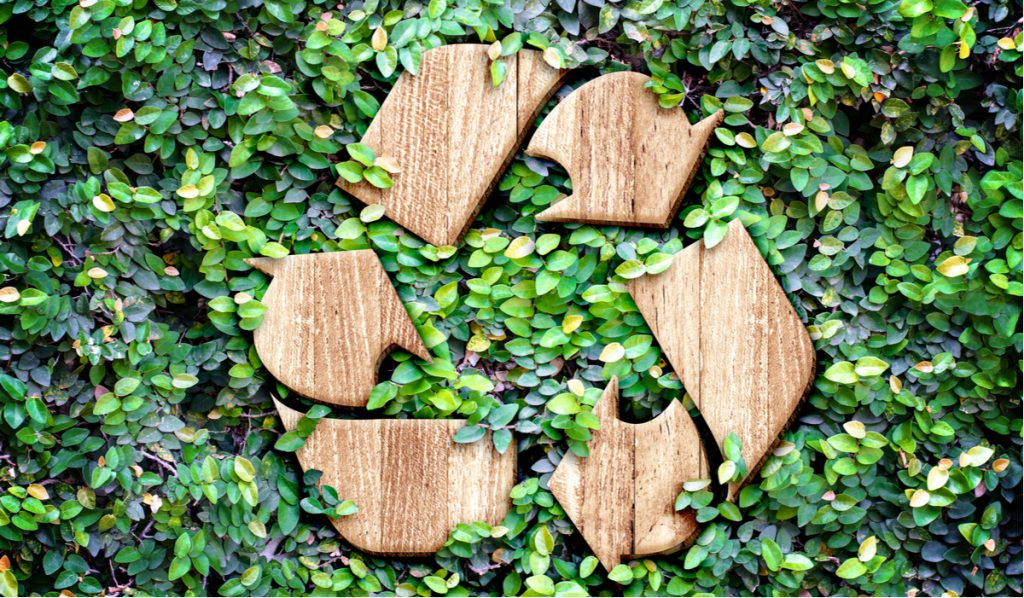In today’s fast-paced world it can be hard to know what you can do to help the environment. Many activities and purchases necessary for daily life seem to be harmful in some way to the planet. Nonetheless there is hope. There are a number of things anyone can do to live a more eco-friendly life and help out this planet we all call home.

1. Skip The Meat—Or At Least Eat Less Of It
If you’re not a vegetarian then you know that sometimes there is nothing more delicious than a perfectly cooked steak with seasoning, caramelized onions, mushrooms and garlic. But, meat can be quite bad for the environment. Around one-third of our planet is used to raise meat whether that is chickens, cows or pigs. That’s a lot of land and that’s a lot of water, resources and carbon dioxide emissions. If going full on vegetarian is too much to ask, that’s no problem. Just try to reduce your meat consumption overall. If you usually eat meat 3 meals a day, try cutting back to one or two. You’ll be helping the environment in a real way.¹
2. Recycle
It’s a cliché but it’s true: recycling helps the environment. As much as you can, try to follow the first two Rs, however: reduce and reuse. If possible, don’t buy as many single use items like plastic cups, cheap flip flops, bottled water, small bottles of shampoo that will be empty in two weeks, and so on. Then, when possible reuse items and don’t always buy new ones. Thirdly, whatever you still have in terms of plastic packaging, make sure to recycle it properly. If your neighborhood does not have a recycling program check if your town or city has a recycling center where you can bring bags of plastics or metals once or twice per month. You will be doing your part.¹
3. Canvas Not Plastic
Chances are you do a lot of grocery and household shopping at least a few times per month. When doing this, try to use canvas bags instead of plastic as it is much better for the environment. That said, don’t make the mistake of forgetting your canvas bags and just buying new ones every time you go to the shop. This completely defeats the purpose. Set reminders on your phone, something like “shopping today, bring reusable bag.”¹
4. Compost Is Your Friend
Well, technically compost is more like Mother Nature’s friend. It feeds the earth and recycles organics into reusable, nutrient-rich ingredients for helping grow new plants and life. In addition to doing your part, compost is amazing for your vegetable or flower garden and fruit trees so it can save you a bundle instead of going to the nursery and loading up on compost for a pile of money. The next time you eat eggs, peel an apple or eat a peach, throw the leftovers in a bucket and bring them out to your compost pile, you’ll be glad you decided to start one.²
5. Pay Attention To Materials
Whether you’re buying clothes, furniture or electronics, try to buy ones that will last a bit longer and minimize on your consumption. In addition, pay attention to material: polyester is synthetic, cotton is not, which means it is biodegradable. As much as these may seem like small details, when you multiply them by millions of people who are consumers in a region it makes a massive difference. Also, buying higher quality items less frequently and sending a signal to the market that you don’t want short-lived, low-quality items can make a big difference.²
[1] https://www.wheelsforwishes.org/news/live-a-more-eco-friendly-lifestyle/
[2] https://www.bbc.com/news/newsbeat-47990742


